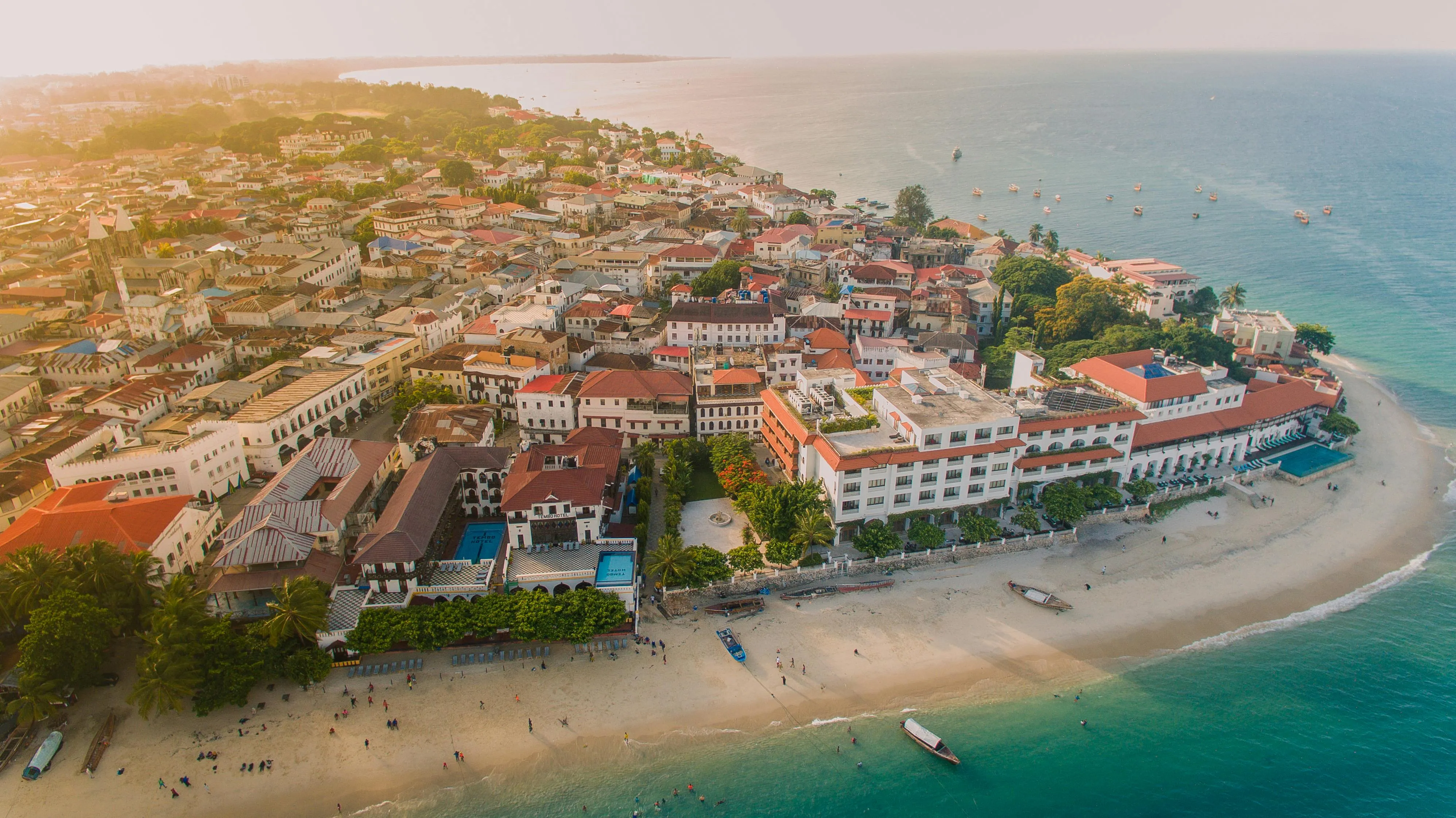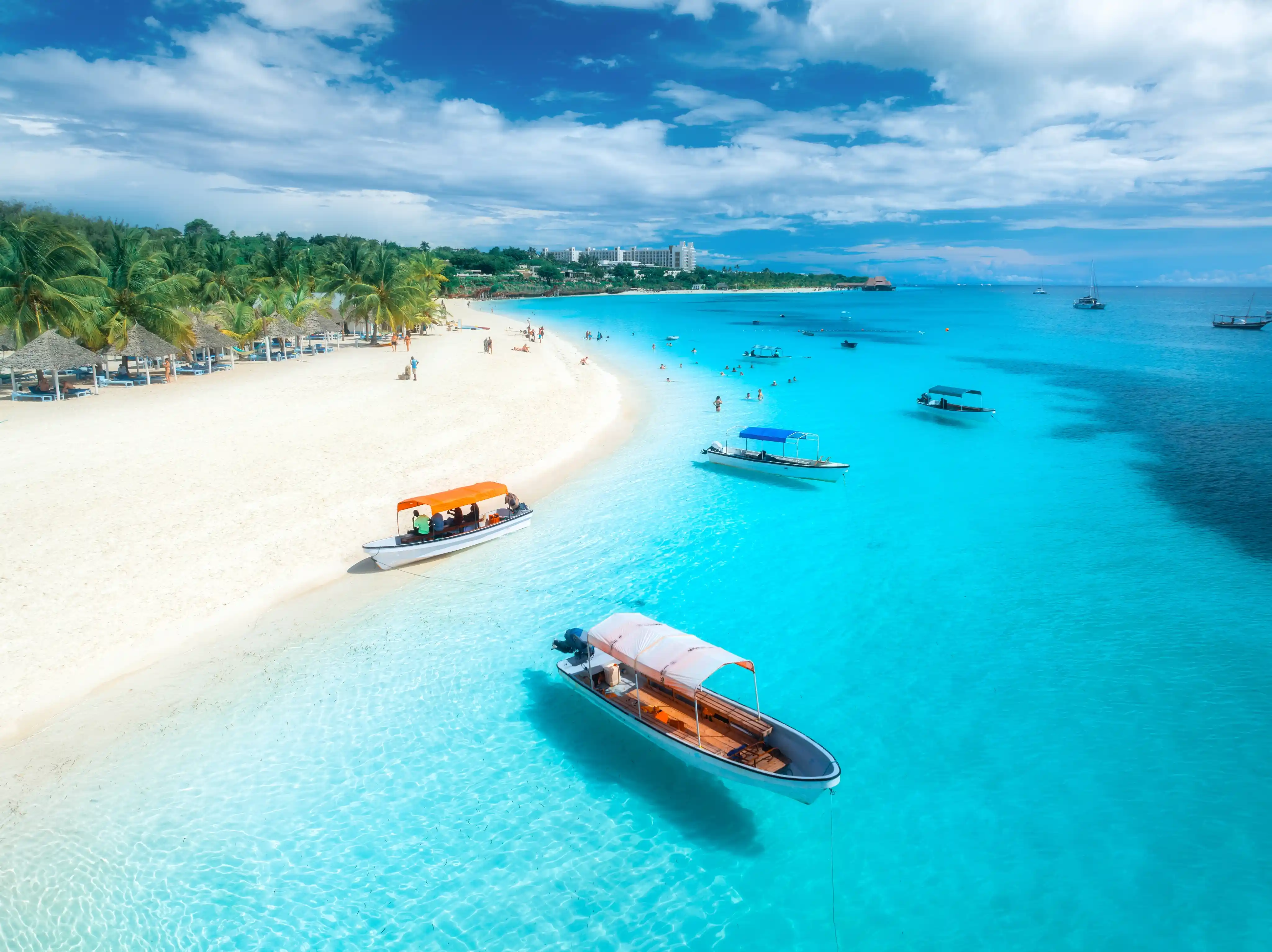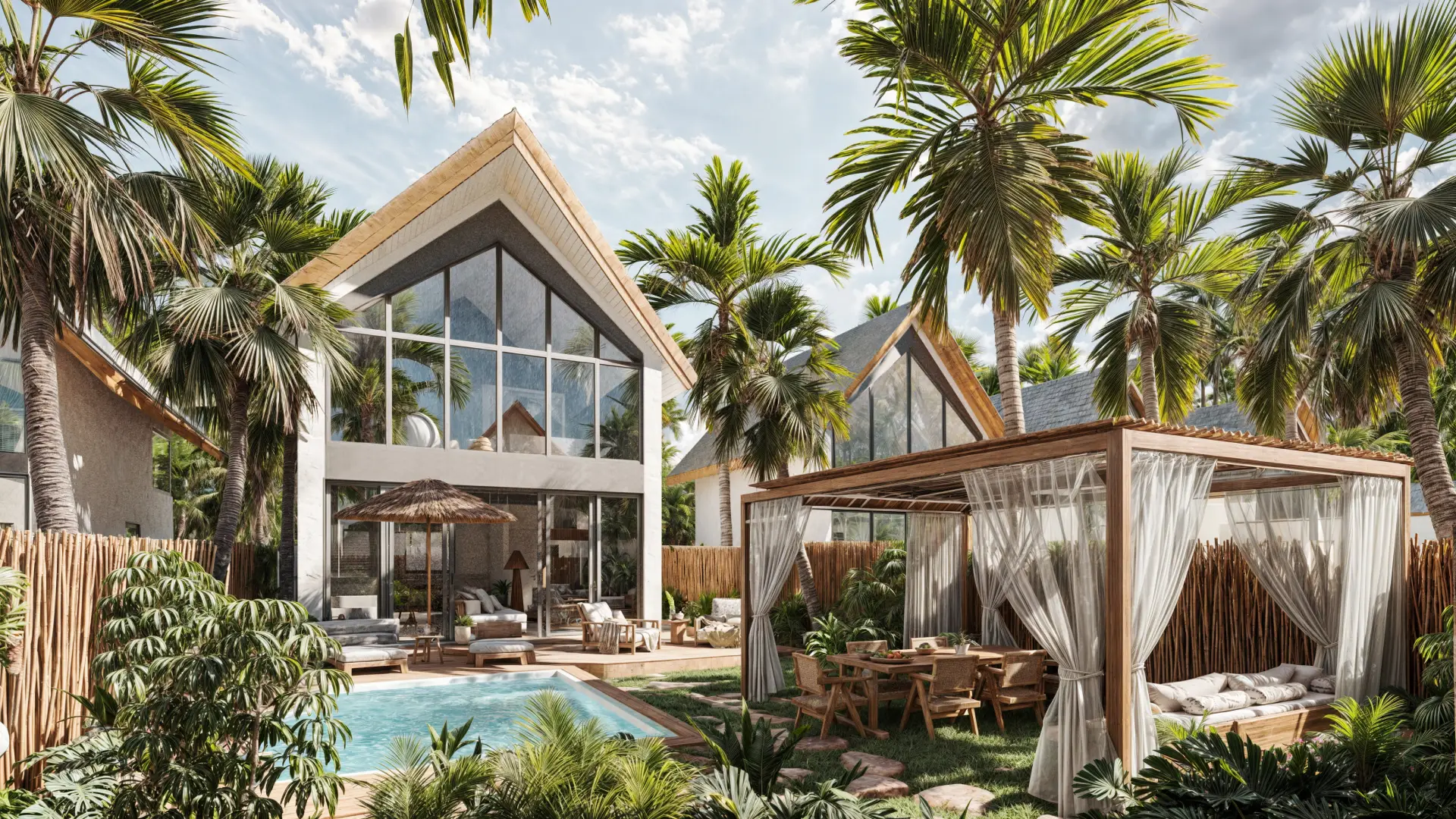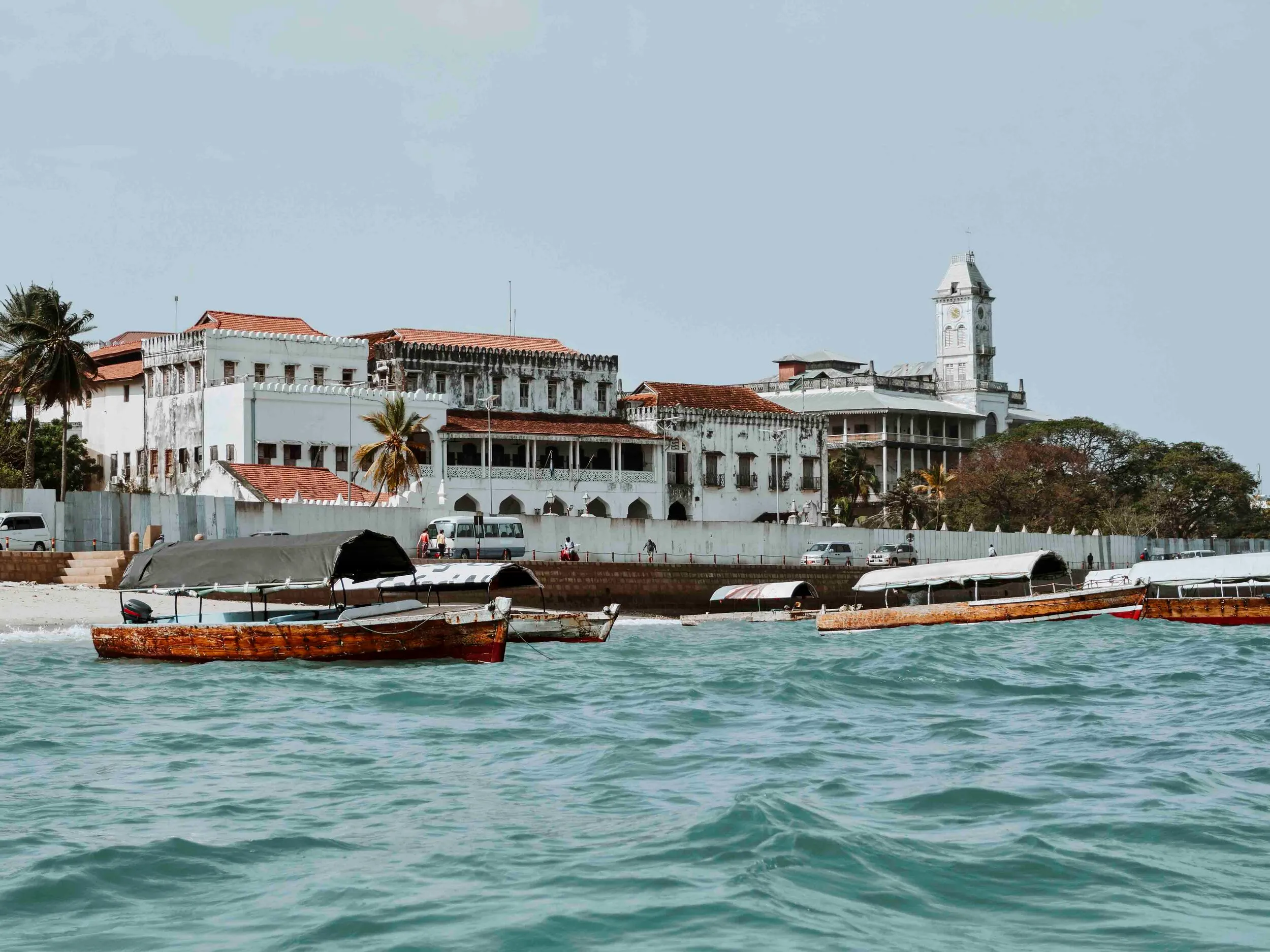Tourism Growth in Zanzibar: The Demand Driving Tomorrow’s Investments

Introduction
Tourism is the heartbeat of Zanzibar’s economy. While the island is renowned for its white-sand beaches, spice farms, and rich cultural heritage, it is also making headlines as one of the fastest-growing travel destinations in Africa. For investors, understanding these tourism dynamics is essential, because demand for villas, resorts, and branded residences flows directly from visitor growth.
Tourism’s Contribution to the Economy
In 2024, tourism generated more than $1 billion in revenue, accounting for 27% of Zanzibar’s GDP. Unlike some destinations where tourism is one of many industries, Zanzibar’s economy is deeply tourism-driven, which ensures strong alignment between government policy and hospitality growth.
This concentration creates a powerful multiplier effect: investments in airports, roads, and resorts have a direct and immediate impact on real estate demand.
Who Is Coming to Zanzibar?
The island is attracting a diverse international audience, broadening its appeal far beyond traditional markets:
- Europe: Italy, Germany, and France remain strong, with tour operators and direct flights expanding capacity.
- Middle East: Increasingly important thanks to Zanzibar’s proximity to Dubai, Doha, and Riyadh—just a few hours away by air.
- Eastern Europe & Russia: A growing segment, particularly in the luxury travel sector.
- Domestic & Regional Africa: Rising numbers of Tanzanian and East African travelers choosing Zanzibar for holidays and business retreats.
This mix of short-haul and long-haul visitors creates year-round demand, insulating the market from seasonal volatility.
Seasonality & Occupancy Trends
Zanzibar’s climate supports two peak tourism seasons—December to March and June to September—yet visitor demand is increasingly spreading across the calendar.
- High Season: Occupancy rates push beyond 75–80%, with luxury resorts often selling out.
- Shoulder Seasons: New flight routes and digital nomad interest are helping sustain higher-than-average occupancy levels.
- Length of Stay: The average tourist spends 8 nights per visit, longer than in many competing destinations.
For investors, this translates into more stable rental demand for villas and branded residences throughout the year.
Infrastructure Investments Boosting Tourism
Government and private stakeholders are heavily investing in infrastructure to sustain tourism growth:
- Airport Expansion: Abeid Amani Karume International Airport has been modernized, with capacity to welcome millions more visitors annually.
- New Airlines & Routes: Direct connections from Europe and the Middle East are multiplying, reducing travel friction for international tourists.
- Resort Development: Global hospitality brands are establishing footprints, raising international visibility.
- Digital Nomad Momentum: With reliable internet now available across much of the island, Zanzibar is becoming attractive for remote professionals seeking medium-term stays.
Each of these factors pushes Zanzibar closer to becoming a mainstream luxury destination—without yet reaching the saturation levels of Bali or Mauritius.
Government Policy & Incentives
Tourism is not left to chance. The Zanzibar government actively incentivizes investment through:
- ZIPA-backed approvals for resort and real estate projects.
- Residency permits for foreign investors, encouraging longer-term engagement.
- Tax benefits that make tourism-linked real estate more profitable than in many competitor markets.
- Sustainability initiatives, promoting eco-tourism and cultural tourism alongside luxury development.
This strategic alignment means real estate investors are supported by policies designed to expand visitor numbers and spending.
Why Tourism Growth Matters for Investors
The surge in tourism is not just a feel-good statistic—it has direct implications for real estate performance:
- Higher Rental Demand: More tourists translate into higher occupancy rates for villas, particularly those in branded residence programs.
- Rising Property Values: As Zanzibar gains international visibility, luxury real estate pricing follows the trajectory seen in Mauritius and Bali a decade earlier.
- Secure Long-Term Play: Tourism’s role as a cornerstone of GDP means the sector will continue to receive heavy investment and political support.
In other words, tourism is the engine that powers real estate ROI.
Conclusion
Zanzibar’s tourism story is one of consistent growth, increasing diversification, and strong government support. With record arrivals, expanding infrastructure, and year-round demand, the island is positioning itself as one of the most resilient hospitality markets in the Indian Ocean.
For investors, this isn’t just background context—it’s the core demand driver that makes Zanzibar villas and branded residences such compelling opportunities. As more travelers discover the island’s charm, real estate owners will be the ones who capture the upside.
More related articles
Discover tips and stories from our community.
Stay Updated with Our Blog
Subscribe to receive the latest posts and updates directly to your inbox.





